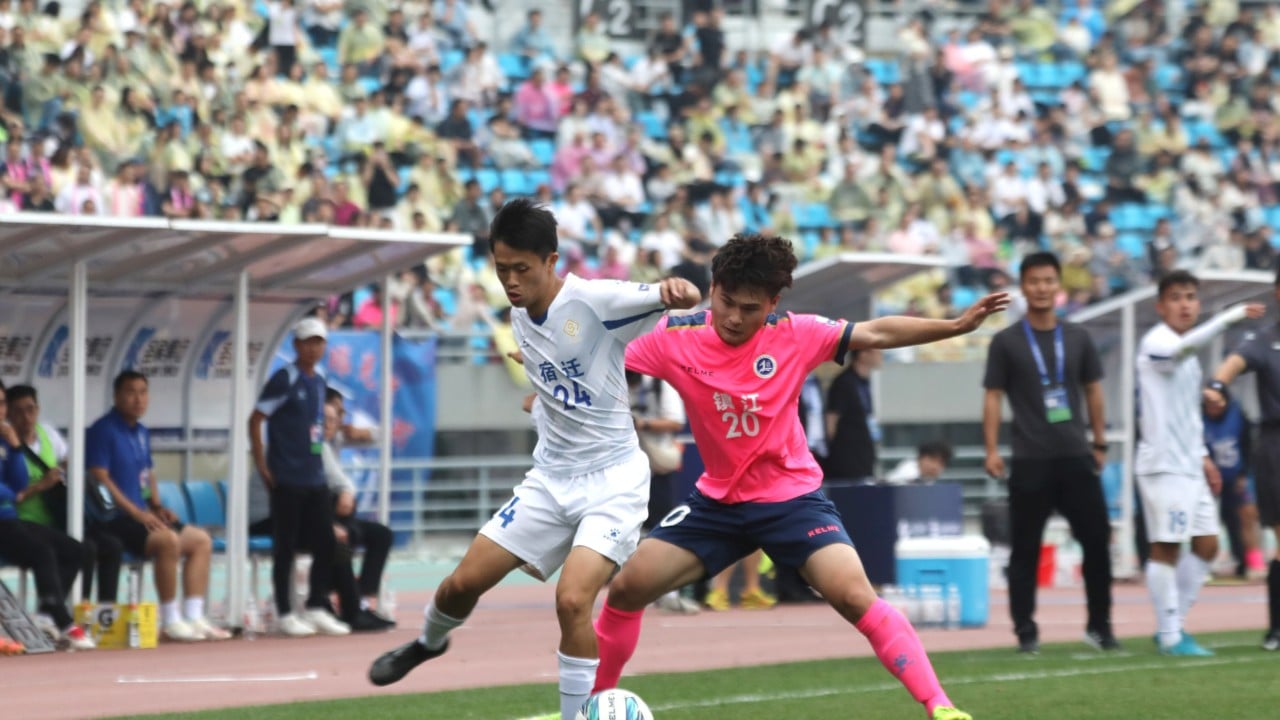

The Jiangsu Football City League, also known as "Su Super League" or "Suchao", is proving to be an unexpected economic boon for China’s Jiangsu Province. Launched in May 2025, this grassroots regional competition, uniting 13 city teams, has rapidly evolved into a cultural and sporting phenomenon with significant economic implications.
The league's popularity is evident in its impressive attendance figures. Over 180,000 spectators have flocked to the matches, creating a vibrant atmosphere and driving revenue for local businesses. During the Dragon Boat Festival holiday, six host cities experienced a 14.63 percent increase in intercity tourism and cultural spending via UnionPay. Jiangsu Province welcomed 12.41 million visitors, generating 4.69 billion yuan in tourism revenue. The league's success has even rippled through the capital markets, with shares of Suzhou-based Jinling Sports Equipment, a football gear supplier, doubling in value within five trading days.
The economic impact extends beyond tourism and hospitality. The league is expected to generate over CNY300 million (USD41.8 million) in economic value this season. Each participating city is projected to contribute more than CNY20 million (USD2.8 million) in revenue throughout the season, which concludes in November. Sponsorship bids have soared, reaching 3 million yuan (around 414,000 U.S. dollars), with advertising slots in high demand. The number of sponsors has more than tripled, attracting major players like JD.Com, Li Auto, HLA Group, KFC, and Anjoy Foods Group. The exclusive title sponsor, the Bank of Jiangsu, is paying approximately CNY8 million (USD1.1 million), while other sponsors are contributing CNY3 million per season.
The "Su Super League's" success stems from several factors. Strong government backing from the Jiangsu provincial government and the Jiangsu Provincial Sports Bureau has provided a solid policy foundation. The robust economic strength of Jiangsu's 13 cities has enabled the development of high-quality sports venues, enhancing the experience for players and fans. The league has also fostered a strong sense of regional pride and competition, with residents enthusiastically supporting their hometown teams. Slogans such as "Match comes first, friendship fourteenth" capture the spirited and friendly competition.
Local governments are actively capitalizing on the league's popularity by offering perks to attract more visitors. Wuxi provides discounts on local products, free parking, and taxi fare reductions. Yangzhou offers free entry to state-run attractions on home-match weekends, along with bundled discounts on hotels, restaurants, and performances.
Experts emphasize the importance of maintaining public participation as the league grows commercially. Sports marketing expert Zhang Qing advises focusing on amplifying social influence and pursuing moderate commercialization with a comprehensive plan to balance commercial and social value. According to China's 14th Five-Year Plan for sports development, total sports-related consumer spending is expected to exceed 2.8 trillion yuan by 2025, and Jiangsu aims to leverage city football leagues to drive the integration of culture, tourism, sports, and commerce to promote a consumption-driven economy.